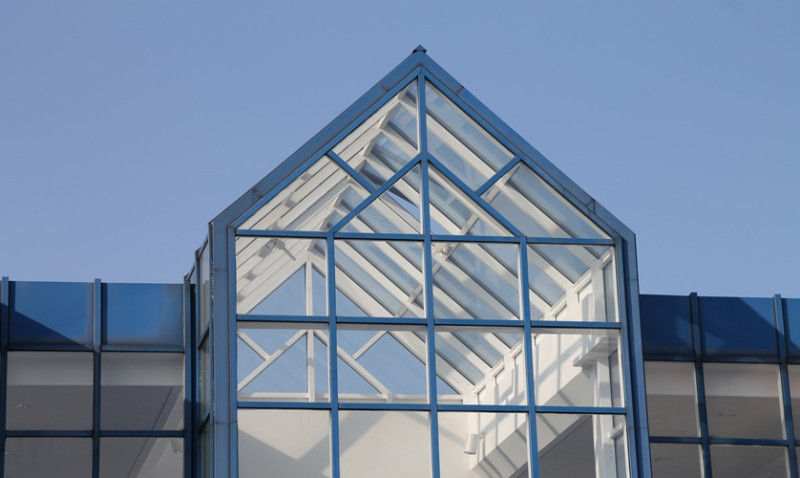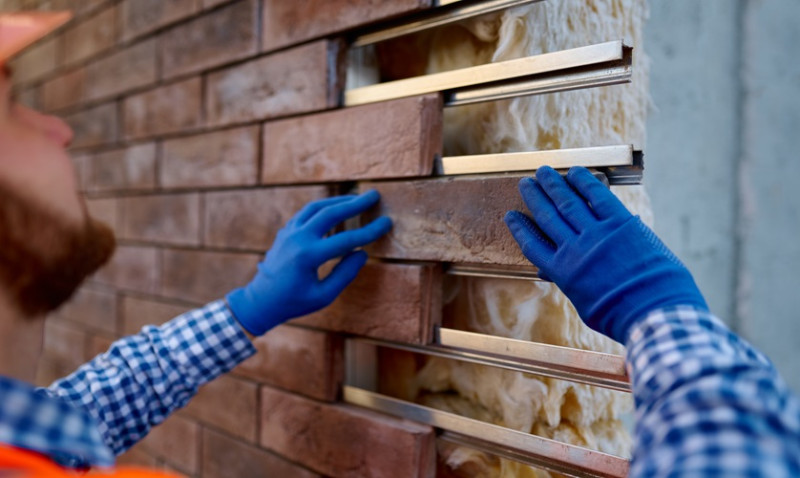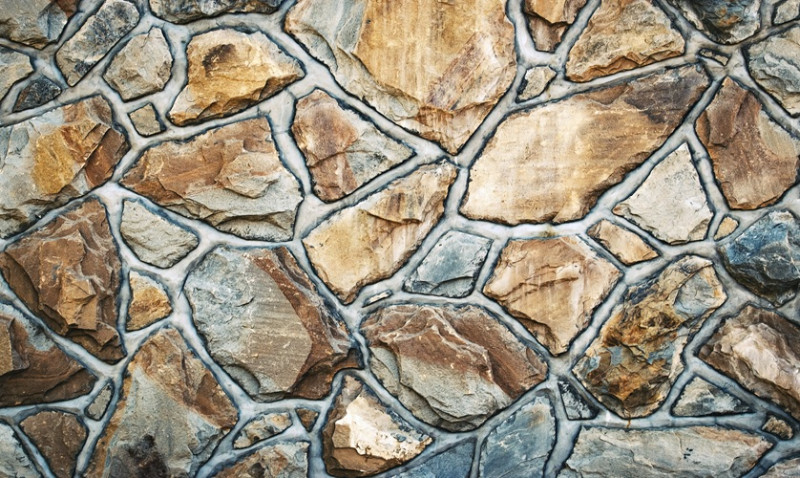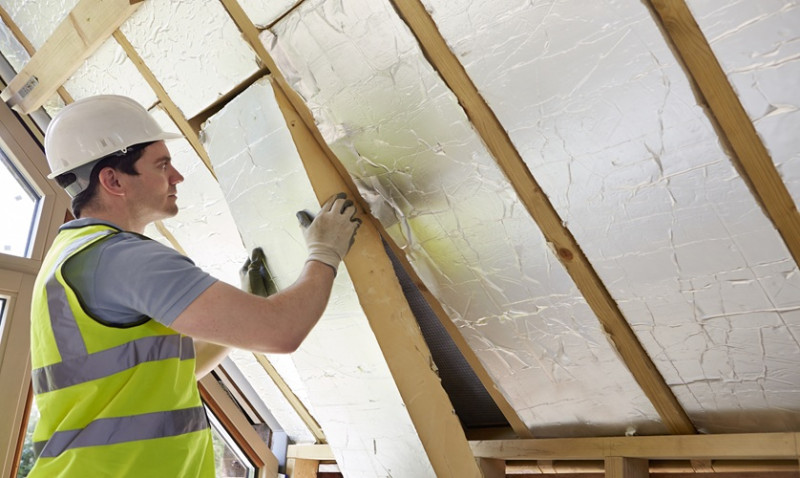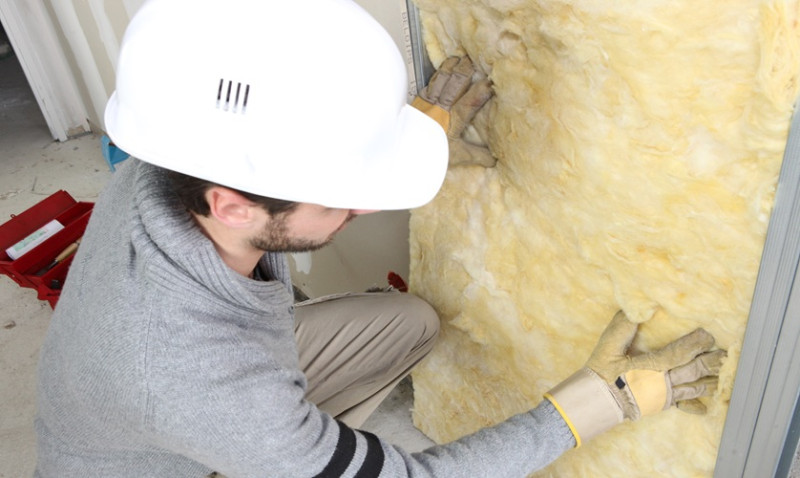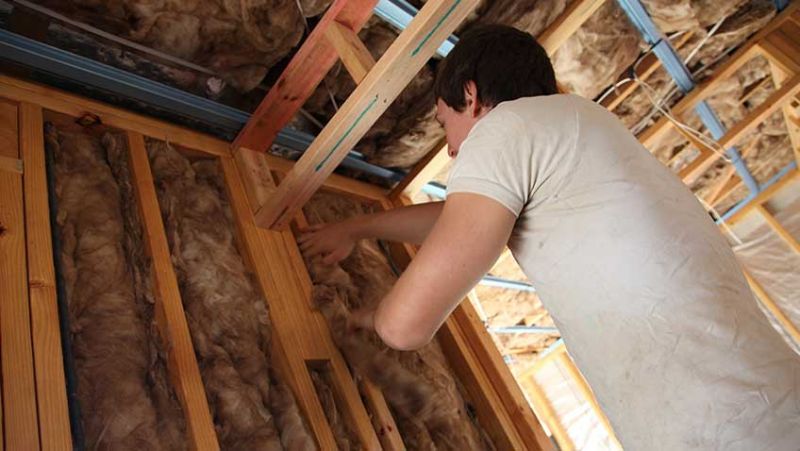
One of the best ways to keep your home warm and cozy this winter is by installing insulation in your home. There are many different types of insulation available, so today we will try to help you decide which type of insulation is best for your home and climate.
What type of insulation is best for a cold climate?
For many people, the best insulation for a cold climate is a material that is both effective and affordable. Unfortunately, there is no single type of insulation that fits this description perfectly. Instead, the most effective insulation for a given situation depends on a number of factors, including the local climate, the type of structure being insulated, and the budget of the person doing the insulation. In general, however, fibreglass and cellulose are two types of insulation that are often used in cold climates. Fibreglass is an effective insulator, but it can be expensive and difficult to install. Cellulose is less expensive and easier to install, but it is not as effective as fibreglass. As a result, the best insulation for a cold climate may be a combination of different materials, depending on the specific needs of the situation.
How can you tell if your home needs insulation?
There are a few signs that your home might need insulation. For one, if you can see or feel drafts coming from any openings in your walls or windows, that's a sign that heat is escaping from your home. You might also notice that your energy bills are higher than usual, as it takes more energy to heat your home when there's poor insulation. If you live in a cold climate, it's especially important to make sure your home is well-insulated. The best insulation for a cold climate is usually fibreglass insulation, which can be added to your walls, attic, and other areas where heat might escape. Adding insulation is an effective way to reduce energy costs and keep your home comfortable all winter long.
What are the benefits of installing insulation?
When most people think of insulation, they think of keeping their homes warm in the winter. However, insulation can also be an effective way to keep your home cool in the summer. By creating a barrier between the inside and outside of your home, insulation helps to keep heat from entering in the summer and escaping in the winter. As a result, installing insulation can help you to reduce your energy usage and save money on your utility bills. In addition, insulation can also help to improve the comfort of your home by reducing drafts and noise pollution. Whether you live in a cold climate or a hot climate, insulation is an excellent way to improve the energy efficiency of your home.
How much does insulation cost?
When it comes to insulation, there are a few things to consider. How much does it cost? How well does it work? And how long will it last? In a cold climate, the best option is usually fibreglass. It's relatively inexpensive, and it does a great job of keeping your home warm in winter and cool in summer. It also doesn't break down over time like other types of insulation, so you can be sure it will last for many years to come. That said, fibreglass isn't the only option. If you're looking for something with a bit more R-value, or if you're concerned about environmental impact, you might want to consider cellulose or spray foam insulation. But no matter what type of insulation you choose, the most important thing is to make sure it's installed properly. Otherwise, it won't do much good. So be sure to hire a reputable contractor who can get the job done right.
Insulation is an important part of any home, whether you live in a cold climate or not. It helps to keep your home comfortable and energy efficient all year long. In addition, insulation can also help to reduce noise pollution and improve the overall comfort of your home. There are a number of different types of insulation available on the market, so it's important to choose the right one for your needs. The best insulation for a cold climate is usually fibreglass insulation, while cellulose or spray foam insulation is better choice for warmer climates. No matter what type of insulation you choose, be sure to have a reputable contractor install it properly for the best results.
